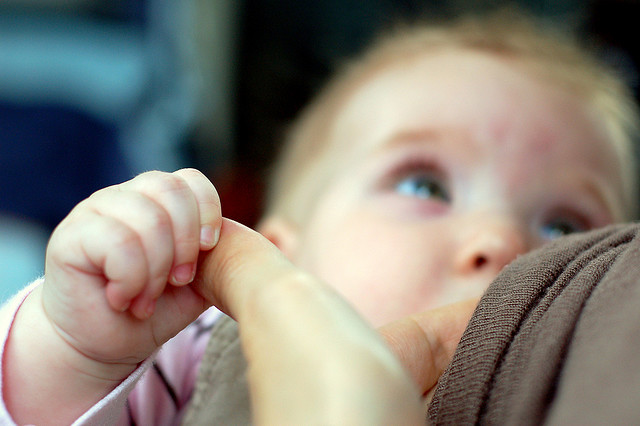Findings of chemical contaminants in breastmilk samples should not dissuade mothers from breastfeeding.
As noted by the US Surgeon General, breastmilk is one of the most important contributors to infant health. And despite concerns about chemical contaminants in breastmilk, research suggests that foregoing breastfeeding carries significant risks. A new study has found a 20 percent reduction in infant deaths among babies who are breast-fed for a full year after birth.
For example, low rates and short duration of breastfeeding are associated with a significantly increased likelihood of acute illnesses such as infections of an infant’s bloodstream, ears, lungs, urinary system, and gut. In addition, exposure to foods other than human milk in the first few months of life can increase the risk of life-long autoimmune illnesses such as diabetes and some inflammatory bowel diseases.
Without breastfeeding, infants do not receive optimal nutrition, important hormones, protective immune factors, and promoters of neurologic development. And breastfeeding reduces the incidence of anemia and some gynecologic cancers in women, including premenopausal breast cancer.
Formula feeding does not eliminate children’s exposure to PBDEs and other toxics. Children are exposed to significant levels of PBDEs, regardless of whether they breastfeed, through food, the household environment, and from contaminants that cross the placenta while a fetus is still developing.
Indeed, many researchers believe that the most significant concerns about PBDE contamination stem from in utero exposures rather than from exposures through breastfeeding. Chemical exposures before birth have been shown to have adverse health effects, but common exposures through breastfeeding have not been shown to cause harm.
This may be because infants are less vulnerable to the effects of these chemicals than are fetuses, or because breastmilk’s beneficial effects on the immune system and brain development protect the infant from harm.
Studies demonstrating the benefits of breastmilk have all been performed on mothers whose milk contained at least some contaminants-for decades, all mothers in the industrialized world have contained detectable levels of synthetic toxics in their bodies.
As time has passed since contaminants such as PCBs and DDT were banned, levels of these compounds in human bodies appear to have fallen, in some cases substantially, lessening some concerns over contaminant levels.
More resources:
Healthy Mothers, Healthy Babies Coalition
Nursing Mothers Counsel of Oregon
Infant Feeding Action Coalition, Canada









